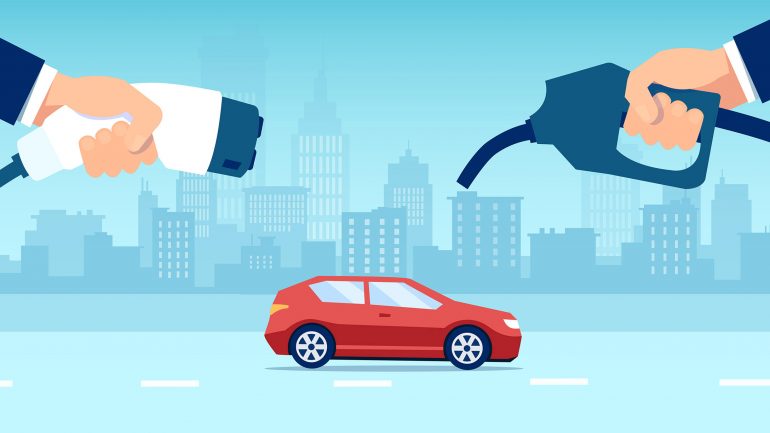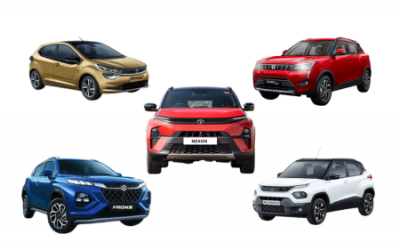India’s transition to electric vehicles (EVs) is experiencing a remarkable surge in 2024, driven by a confluence of government initiatives, technological advancements, and a growing awareness of environmental issues. With EV sales accelerating across segments, the country is positioning itself as a major player in the global green mobility movement. But what’s fueling this rapid adoption? Let’s delve deeper.
Policy Push: A Catalyst for Change
One of the primary drivers of India’s EV adoption is the government’s proactive stance. The Faster Adoption and Manufacturing of Electric Vehicles (FAME) initiative, now in its second phase, continues to incentivize EV buyers with subsidies and tax benefits. Moreover, state governments are rolling out their own EV policies, offering incentives such as registration fee waivers, road tax exemptions, and subsidies for charging infrastructure.
The recently introduced Production Linked Incentive (PLI) scheme for advanced chemistry cell (ACC) batteries is also catalyzing domestic manufacturing, reducing dependency on imports, and making EVs more affordable.
Infrastructure Expansion: Bridging the Gap
The lack of charging infrastructure has long been a barrier to EV adoption in India. However, 2024 has witnessed a significant expansion in this domain. Public-private partnerships are proliferating, with major players setting up fast-charging networks across highways and urban centers. Government mandates now require new residential and commercial buildings to include EV charging provisions, further boosting accessibility.
Affordability and Technological Advancements
EVs are becoming more affordable thanks to declining battery costs and increased competition among manufacturers. Indian automakers like Tata Motors, Mahindra, and Ola Electric are leading the charge with budget-friendly models tailored to local needs. At the same time, global giants such as Tesla and BYD are entering the market, offering premium options and increasing consumer choices.
Technological advancements are also playing a key role. The development of high-density batteries, enhanced energy efficiency, and better safety standards are making EVs more appealing. Innovations like battery swapping and smart charging solutions are addressing range anxiety and reducing downtime for users.
Growing Environmental Awareness
As the impacts of climate change become increasingly evident, Indians are becoming more conscious of their environmental footprint. EVs are seen as a sustainable alternative to traditional internal combustion engine (ICE) vehicles, which contribute significantly to air pollution. Rising fuel costs and the promise of lower maintenance expenses are further tilting the scales in favor of EVs.
The Rise of Two-Wheelers and Commercial EVs
India’s EV revolution is not confined to passenger cars. The two-wheeler segment, accounting for a significant portion of vehicle sales, is undergoing a green transformation. Affordable electric scooters and motorcycles are gaining traction, particularly in urban and semi-urban areas.
Commercial vehicles, including electric buses and delivery vans, are also driving the EV adoption wave. E-commerce giants like Amazon and Flipkart have committed to deploying thousands of EVs in their delivery fleets, reinforcing the shift toward sustainable logistics.
Challenges Ahead
Despite the progress, challenges remain. The upfront cost of EVs is still a hurdle for many middle-class buyers. Battery recycling and disposal, grid capacity to handle increased electricity demand, and the need for localized manufacturing of critical components like semiconductors require immediate attention.
A Promising Road Ahead
India’s EV journey in 2024 is a testament to the country’s commitment to sustainable development. With strong policy support, rapid infrastructure development, and increasing consumer interest, the nation is on track to achieve its ambitious EV targets. While challenges persist, the momentum is undeniable, and India’s green mobility revolution is poised to reshape the automotive landscape for years to come.
As the world watches, India’s EV story in 2024 serves as both an inspiration and a blueprint for emerging economies aiming to embrace cleaner, greener technologies.
0




